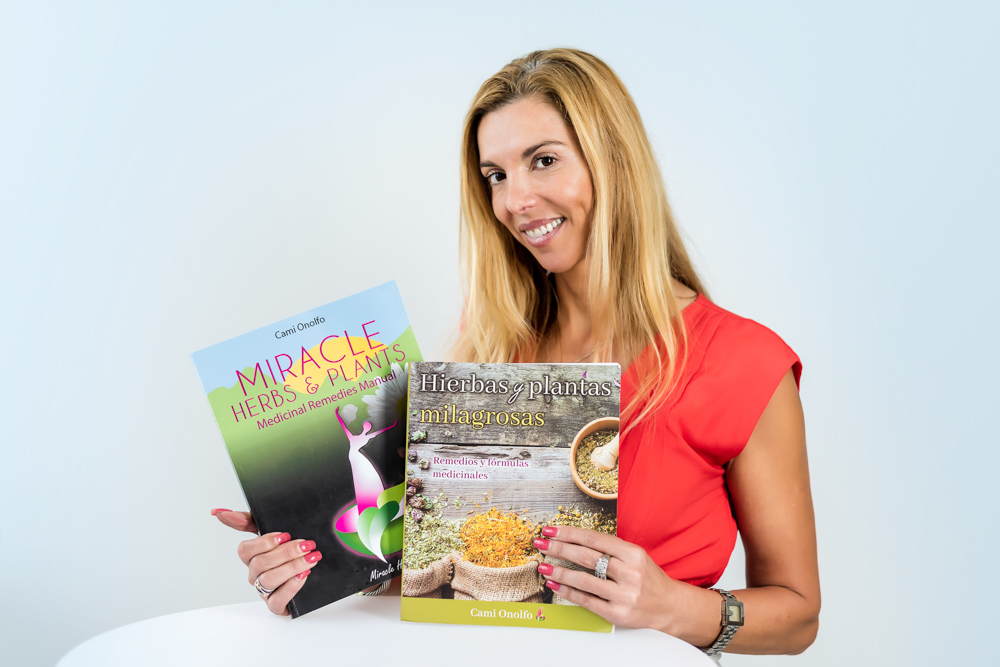Depression
- Cami Onolfo

- Nov 17, 2022
- 2 min read
How to heal depression holistically

Depression affects a great many people aged eighteen and up.
What is depression
It is a whole body form of disease, affects the nervous system, the behavior, the moods, the way you think, the way you sleep, your appetite, the whole body. It can last for weeks, months, even years.
Symptoms of depression
Those suffering from depression usually withdraw and hide themselves from society. Most of the time they lose interest in what's surrounding them or what's going around them. The symptoms are sleep disturbances, chronic fatigue, restlessness, headaches, irritability, loss of appetite, digestive problems, lost interest in pleasure, in hobbies, having a feeling of hopelessness, feeling unworthy and even thoughts of suicide.
Miracle Herbal Anxiety and Depression
Buy Now
Studies suggest that there could be a relationship between the vascular factors and hardening of the arteries, also calcium deposits in the blood vessels.
Three main types of depression:
Major depressive disorder
Dysthymic disorder
A chronic but less severe, milder persistent symptoms
Bipolar depression
Starts as a depression but in time involves altering episodes of depression and mania, persistently elevated mood, restlessness, and irritability.
Miracle Herbal Immune Strength
Buy Now
This depression is also known as manic depression. The symptoms are decreased need for sleep, increase talk, inflated self esteem, physical agitation, excessive risk taking and racking thoughts.
Full Spectrum CBD Tinctures
Buy Now
Causes:
It could be triggered by a traumatic life event, elevated stress, tension, chemical imbalances in the brain, nutritional deficiency, allergies, a serious physical disorder, weakened immune system, and lack of exercise.
The most common cause of depression is food allergies or hypoglycemia.
Usually depression begins with a brain disturbance which controls the moods.
Miracle Herbal Clinic, Immune Booster
Buy Now
A most common for of depression is dysthymia, a low grade depression.
This type of disorder is known as seasonal affective disorder. Those suffering from this type of depression, experience anxiety attacks, lack of energy, cravings of unhealthy foods followed by weight gains, lack of sexual activity and tend to sleep a lot.
The food we consume play a very important role on our brain behavior. The neurotransmitters commonly associated with mood are dopamine, serotonin and norepinephrine. When the brain produces dopamine and norepinephrine, we act and think faster and we become more alert.
Neorotransmiters are extremely important, these substances tend to carry impulses between nerves cells.
Serotonin is focusing on the mood, appetite and sleep. Low levels of serotonin lead to anxiety, sleep deprivation and depression.
Nutrients that can help with depression:
Vitamin B Complex, B6, B5, B12, B3, zinc, calcium, lecithin, magnesium, vitamin C, GABA, 5-Hydroxytryptophan, S-adenosylmethionine, L-Tyrosine and Taurine Plus.
Holistic Consultation
60
Book Now
Medicinal Herbs:
Lemon balm, ginger, licorice root, ginkgo biloba, oat straw, ginseng, peppermint, kava-kava, St. John's wort.
Holistic approach: eat lots of raw fruit and vegetables, soy products, nuts, seeds, whole grains, millet, legumes and brown rice. Eat foods containing omega-3 fatty acids, such as salmon and white fish, also turkey.
Avoid artificial sweeteners, foods high in saturated fats, sugar, alcohol, processed foods and caffeine.
Cami Onolfo
Holistic nutritionist and energy healer!
<a target="_blank" href="https://www.amazon.com/b?_encoding=UTF8&tag=lacrimioaraon-20&linkCode=ur2&linkId=f2dc8227311fa9cee4167bf2eae7ba68&camp=1789&creative=9325&node=3760901">Beauty products </a>Paid add



Comments